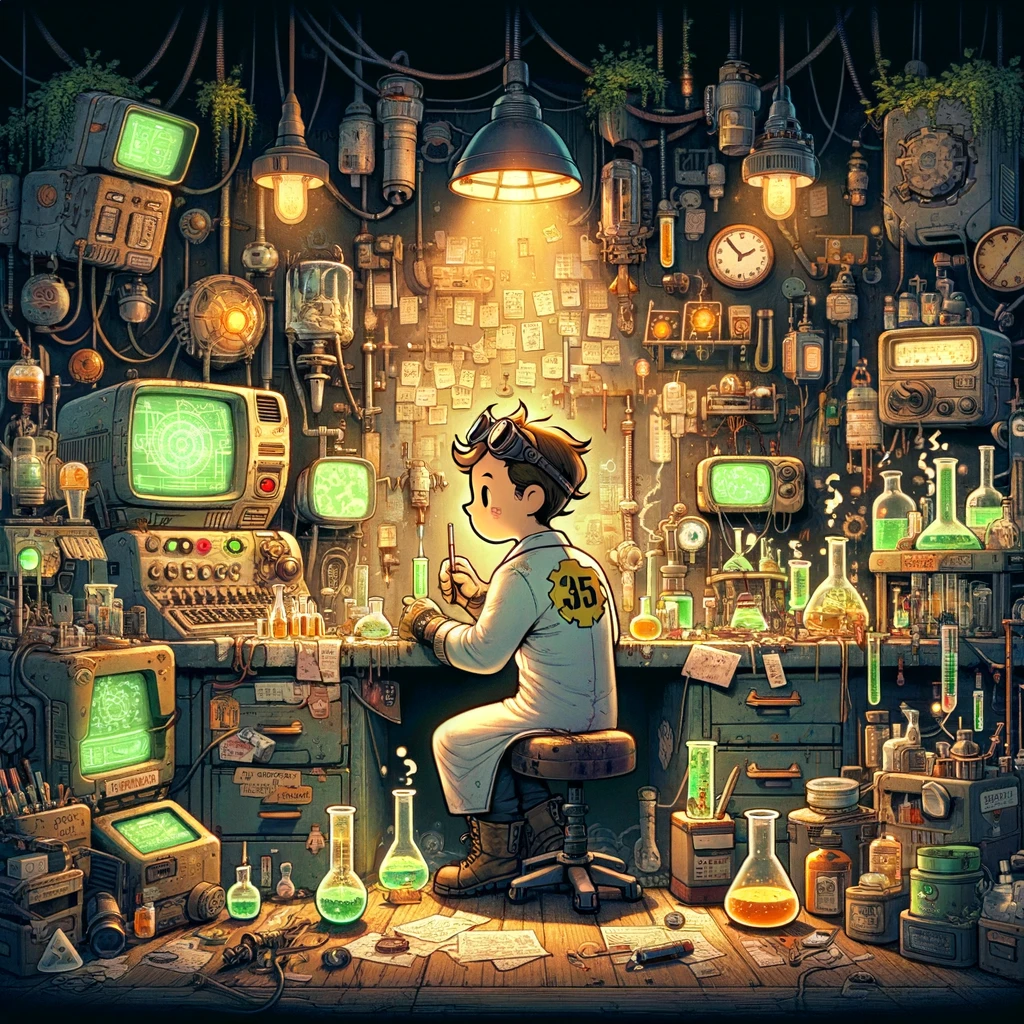If you are a young aspiring student and want to study science, the ideal choice would be one that excites and interests you; more broadly speaking, the most worthwhile sciences contribute positively to society.
Geography specialists create accurate maps of continents. Psychology, on the other hand, is a relatively young field that studies human brain functions, habits and memories.
Biology
Biology degrees are increasingly attractive choices for students who are eager to understand how our world functions. At top schools for bachelor’s in biology programs, rigorous academic training and state-of-the-art research facilities are combined with access to world-renowned faculty members and world-class facilities for research.
A degree in biological sciences opens doors to careers in agriculture and environmental conservation as well as horticulture, plant science, food science, calcium flux assays and more. Graduates might opt for medical, dental or veterinary careers while others opt for graduate school studies or government agencies.
Many universities provide specialized degrees in areas like cellular biology, genetics and ecology. Yale and Princeton universities are two top programs for those pursuing biology majors; their programs equip you with skills such as data analysis and applying it to specific subfields of the field. Biology majors can conduct personal research as part of their undergraduate degrees to prepare them for graduate school studies or medical careers – making this major an excellent way to broaden skillset and enhance job prospects.
Geography
Geography is an intriguing field that bridges both natural and social sciences. Degree programs typically focus on either human or physical geography – the former examines how humans interact with their environment and its effect; or vice versa – with physical geography covering things like glaciation, erosion, tectonic movement, climate change etc.
At an undergraduate (bachelor’s) level, geography can be studied either as a single Honours degree or combined with subjects like Management, Sports Science, or Economics. You can also pursue a one to two-year Master of Arts or Science degree, while for those possessing sufficient academic credentials a PhD doctorate may also be available.
Geography graduates can find employment in many fields, from town planners and environmental consultants to travel agents and meteorologists. Many universities now offer online versions of their masters programs so you can continue studying even when unable to attend classroom classes – you can also find numerous bachelors programs offered completely online.
Psychology
Psychology is an intriguing field that investigates human behavior. It can be applied across many areas of life and has particularly proven useful in health, education and law enforcement settings. Psychology has had an enormous global influence and been featured as the subject of numerous films and books.
An education in psychology will teach you to think and analyse critically, develop research skills and become well-versed in statistics and quantitative analysis, while simultaneously broadening your understanding of social sciences and humanities disciplines.
An education in psychology opens up many career possibilities and you’ll work with diverse groups of people – patients and clients. Some universities provide work placements as part of their courses while others may allow you to specialize in either clinical psychological science or neuroscience, allowing you to hone in on whatever area most appeals to you.
Chemistry
Chemistry degrees provide an ideal way to discover how things work, opening doors to careers in medicinal, analytical, environmental or research chemistry; or specialisation options like organic chemistry. A bachelor’s degree can also act as the basis for advanced study in subjects like physics, medicine, management or law.
Physical science refers to the study of nonliving systems; this field includes college majors like physics, chemistry and earth sciences (geology, oceanography and meteorology). Life science covers living systems like biology, biochemistry, microbiology and zoology.
Students pursuing degrees in natural sciences should look into applying to one of the top science colleges. These schools feature top-tier professors who are leaders in their respective fields and offer hands-on experience for their students. Furthermore, many have excellent graduate employment rates so you can make sure you make the most out of your degree and position yourself for a rewarding STEM career path.
Physics
Physicists research the laws of space and time, matter and energy. Their discoveries include lasers, TV and radio broadcasts, computers and energy facilities as well as engineering materials to develop technologies such as quantum computing, nanotechnology biomaterials nuclear fusion jet aviation.
Physics is one of the more difficult sciences to study, requiring high levels of math and logic thinking skills. Understanding all that Physics offers may take years – part of its appeal is that even experts seem only able to scratch its surface!
Top-tier physics degrees typically feature world-renowned faculty and state-of-the-art facilities. Students pursuing theoretical physics might study black holes and the origins of the universe while experimental physicists might tinker with atoms or condensed matter.



